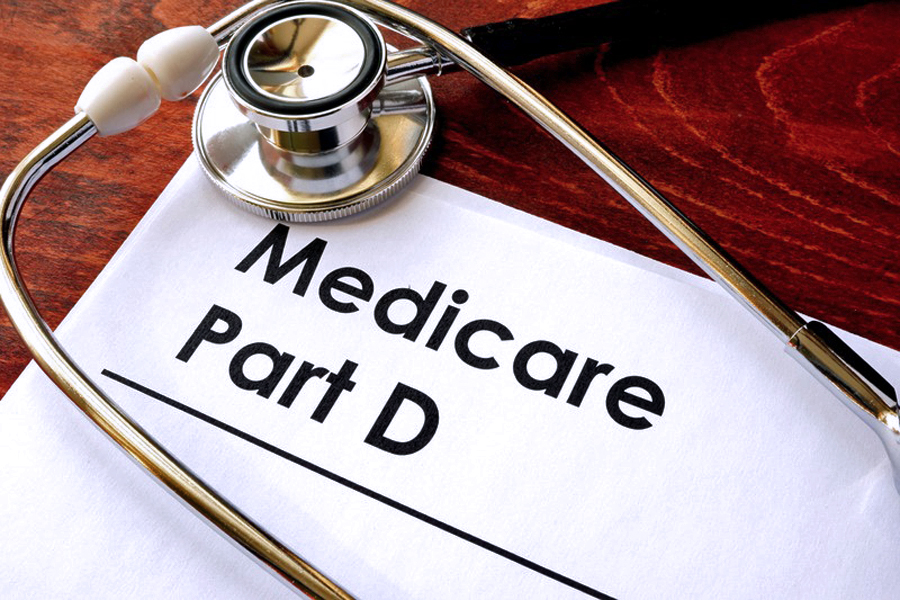Report: Minimum wage increase benefited Puerto Rico’s economy

More than half a million employees in Puerto Rico receive a wage higher than the legally established minimum wage, injecting $116.6 million into the economy in payroll, a study by the island’s Planning Board found.
“The increase in the minimum wage had positive effects on Puerto Rico’s economy. This study shows that, overall, employees in Puerto Rico are paid above the minimum wage threshold, benefiting the citizens,” Planning Board President Julio Lassús-Ruiz said in a media release.
The agency analyzed the economic impact of the wage increase, “conducting an exercise with the purpose of updating, reevaluating and issuing recommendations” on raising the island’s minimum wage to $9.50 per hour.
Nearly 554,000 employees in Puerto Rico earn above the minimum wage, according to the report. An estimated 756,270 employees are covered by the law. The study found that 202,474 workers who were earning below the current $9.50 per hour minimum wage were impacted this year.
Employers have improved wages and benefits for their employees to remain competitive, Lassús-Ruiz said.
“Implementing a minimum wage increase requires careful consideration of various factors, including budgetary constraints and market dynamics. The proposed increase was thoroughly evaluated and should be considered reasonable and sustainable,” the report reads.
The release calculates that at “a rate of 36.3 hours per week and 52 weeks per year, this results in a total additional payroll of $220,006,575 annually, or $116,554 per hour.”
The sectors most affected are administrative and support services at 27.2%, retail trade at 19.3%, and accommodation and restaurants at 15.7%. The least impacted sectors include utilities at 0.002%, finance and insurance at 0.28% and arts, entertainment and recreation at 0.9%.
Gov. Pedro Pierluisi signed Act 47 of 2021, known as the Minimum Wage Law, which applies to all workers under the Federal Fair Labor Standards Act, “except agricultural workers, municipal employees, federal government, the executive, legislative, and judicial branches,” the release details, adding that it also does not apply to those who work in the private sector as “administrators, executives, or professionals, among other exceptions. Employees covered by a collective agreement providing equal or higher wages than those established by this law or by decree will also be exempt from the coverage of this law.”
The law provides for gradual minimum wage increases and creates the Minimum Wage Review Commission.
In January 2022, the minimum wage rose from $7.25 to $8.50 per hour. It further increased to $9.50 per hour on July 1, 2023, and is set to reach $10.50 per hour by July 1, 2024, subject to the commission’s review.
“The minimum wage increase further improves compensation and benefits offered to employees. It also helps reduce income inequality and, therefore, improve the overall quality of life of employees and their families. It demonstrates the government’s commitment to fair and equitable practices,” Lassús Ruiz concluded.
The JP’s.
The Planning Board said its Economic and Social Planning Program conducted the study, whose methodology included a simulation exercise using the 2012 Input-Product Model to assess the potential impacts on production costs, “which did not include the multiplier effect (indirect and induced impacts),” the study summary reads.











